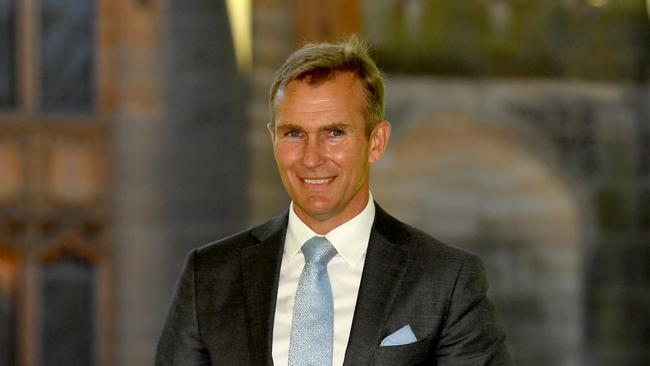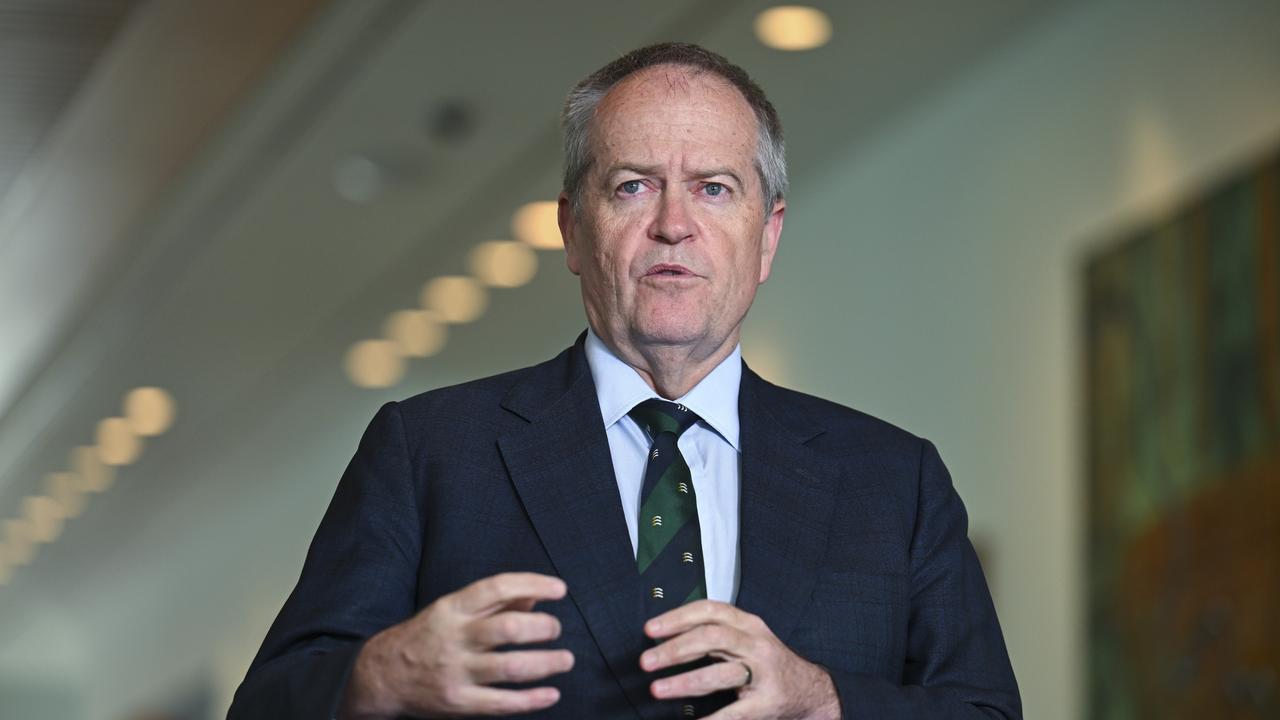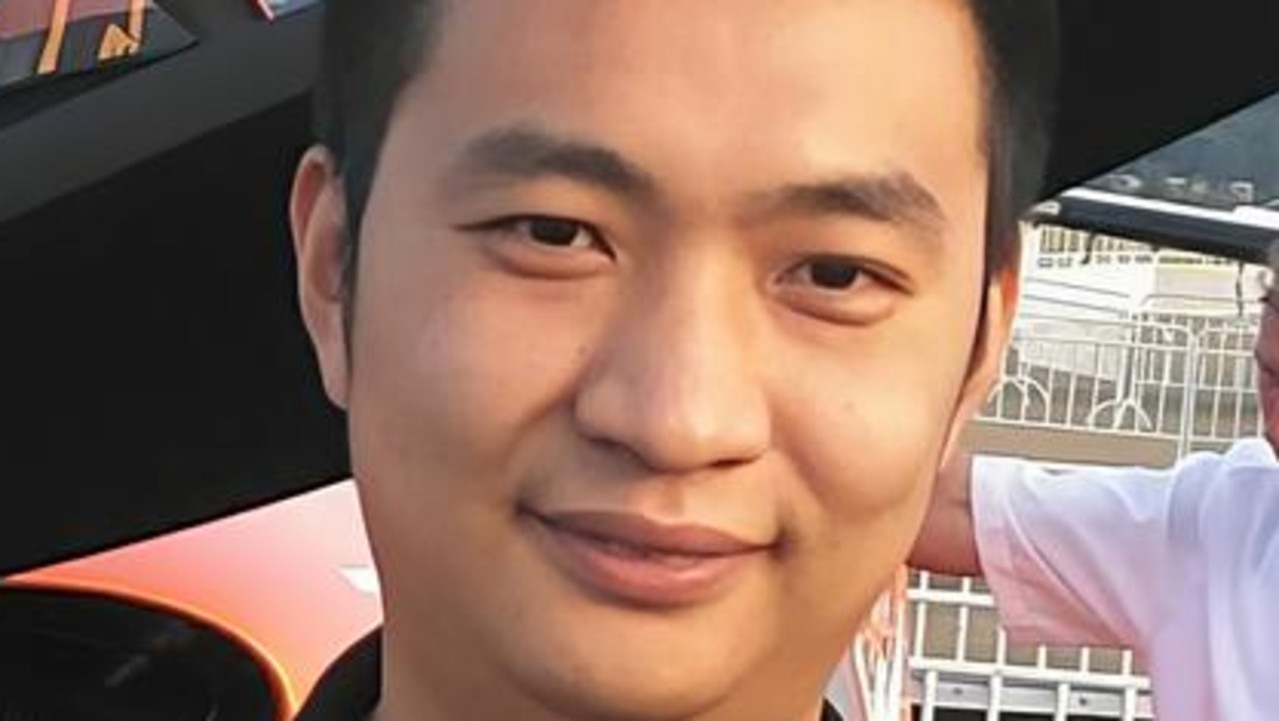
It’s not often, in the complex interplay between institutions in the modern nation-state, that the happy circumstance arises in which what one powerful group desires is exactly what another wants to give.
But this jackpot – a perfect clearing of the market – has given Australia’s newest public policy body a powerful reason to exist. The mission of the Sydney-based James Martin Institute – affiliated with three universities and with funding assistance from the NSW government – is to match the expertise of universities with the public policy problems a government wishes to solve.
At the moment academic research is largely ignored in the development of public policy. Such research generally finds its way into academic journals years too late to be of use, and the research is rarely based on up-to-date (and often confidential) data governments hold and that is most useful in solving public policy issues.
READ MORE:New think tank has hotline to government
But there are voices in and close to government that lament that university expertise is going to waste. NSW Infrastructure Minister Rob Stokes, who originally gave impetus to the new institute, would love to access university public policy expertise to broaden his policy options.
“As a minister it’s interesting,” says Stokes. “The public service is there to implement your agenda, but it will not tell you what it (that agenda) is.”
JMI’s newly appointed chairman, former head of the Department of Prime Minister and Cabinet (and former social science academic) Peter Shergold, says that when he was in government he wanted to use more academic expertise but there were difficulties in getting it.
“When I was in Prime Minister and Cabinet, I gave a number of speeches … on my frustrations that so much work was taking place in academia that should be able to provide evidence for the making of public policy, which was in effect getting lost in translation,” Shergold says.
So it looks like a partnership made in heaven. Governments want a broad range of advice, universities give it, and for academics there is likely to be access to confidential government data and the satisfaction of seeing their work have a real-world impact.
But to be successful, it will need a strong measure of goodwill and patience on both sides. It amounts to a grand bargain that relies on good faith. Without that things could go wrong.
Governments already use numerous hired-hand policy consultants whose job is often to provide the evidence to justify a preconceived view. If governments look to JMI to provide that sort of advice then it’s not going to work. Academics need to be reassured that their advice is being sought for the best reasons, not to bolster a partisan political case. Government cannot ask academics to sacrifice their independence.
In return for this consideration, academic researchers will need to be patient and understanding if government decides not to follow their advice. If they make a public issue of the fact their recommendations were rejected then the necessary trust will break down.
This doesn’t mean academics who work with JMI need to remove themselves from public debate. JMI’s plan is that a digest version of its advice to government will be released, probably at some point after it is given to government, and not in the heat of political battle.
At the moment only the NSW government and researchers from the universities that are funding JMI (the University of Sydney, the University of Western Sydney and University of Technology Sydney) are taking part. But the institute would like to expand and there’s no reason other universities can’t join and governments all around Australia can’t benefit from the expertise of academic researchers in this structured way.
If all goes well it could mean a return to the days of governments seeking, and being given, advice that is frank and fearless. We can only hope.



